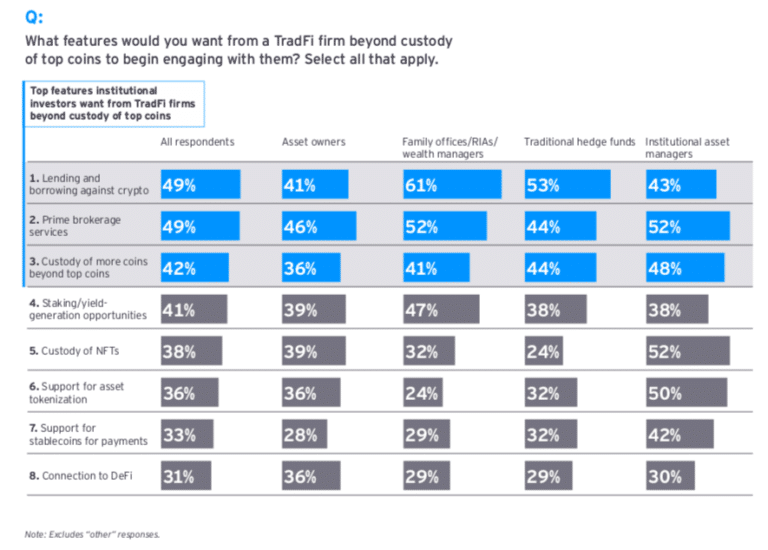

Canton Network has been launched to provide the privacy requirements of private blockchains and the interoperability of public blockchains to financial institutions.
The network provides a decentralized infrastructure that connects independent applications built with Daml, Digital Asset’s smart-contract language. Participants on the network include ASX, BNP Paribas, Cboe Global Markets, Deutsche Börse Group, EquiLend and Goldman Sachs.
Eric Saraniecki, head of strategic initiatives and co-founder at Digital Asset, told Markets Media: “The real killer app of blockchain is interoperability. We wanted to show the world that it is possible to create that interoperability without having to be on a fully transparent public blockchain.”
Regulated financial institutions need control, certainty, safety and soundness of running their own applications with their own permissions in their own environment. However, interoperability is only available on public blockchains which require full transparency.
Saraniecki said: “It is really important to be able to offer a third way apart from the public or private blockchain boxes. That is the North Star we are trying to provide for everybody.”
He explained that the Canton protocol was designed from scratch to meet the privacy requirements while being interoperable. In contrast, other blockchains inherited many design decisions from Bitcoin.
The Canton network is getting meaningful early traction according to Saraniecki.
“In the Canton space we are processing well in excess of $1 trillion each month,” he said. “We expect that to be $1 trillion a day by the end of this year.”
Although these are large volumes, Saraniecki said they are not large in terms of financial volumes so there is still a lot of opportunity.
“I also firmly believe that we will see experimentation this year around cash and digital securities,” he added.
For example, institutional investors want to be able to use digital assets for repos or securities lending and Saraniecki said there are some interesting use cases being explored around using digital assets as collateral. Or a digital bond and a digital payment can be composed across two separate applications into a single atomic transaction on the Canton Network, guaranteeing simultaneous exchange without operational risk.
https://t.co/oFzve2cgXK will change L1s going forward. We no longer announce a chain and hope they will come. They are here already.
— Yuval Rooz (@YuvalRooz) May 9, 2023
Saraniecki believes Canton could accelerate the use of tokenization by institutions by, for example, allowing tokens on a platform to become eligible collateral and connecting to a lending platform.
Blockchain solutions such as Deutsche Börse Group’s D7 post-trade platform and Goldman Sachs’ GS DAP™ could be connected, while retaining privacy and permissioning. As more Daml-built applications go into production this year and beyond, the number of connections on the Canton Network is expected to grow exponentially.
Saraniecki said his primary focus over the next year will be forging those first connections in order to be able to very clearly articulate the benefits with a handful of case studies.
Canton Network participants will begin testing interoperability capabilities across a range of applications and use cases in July.
Institutional crypto survey
Institutions expressed greater trust for traditional financial institutions in the digital asset sector in EY’s latest institutional crypto survey in April 2023
“44% of respondents suggest they would prefer engaging with a TradFi firm over a crypto native firm for custody, while only 10% would prefer engaging with a digital native over a TradFi,” said the survey.
EY said TradFi firms will need to expand capabilities beyond custody of coins to meet demands for services such as lending and borrowing against crypto and offering prime brokerage services.
Institutions also see tokenization as highly promising, and are looking to move more quickly toward investing in tokenized assets, as well as tokenizing their own assets over the next two years. The survey said hedge funds in particular are the most bullish on their timeline to begin investing.
EY-Parthenon conducted a survey of more than 256 institutions on their sentiment, use and plans regarding blockchain and digital assets.
Nearly all, 89%, of institutions rank regulatory uncertainty and 87% rank lack of trusted players as primary concerns when considering a significant investment.







